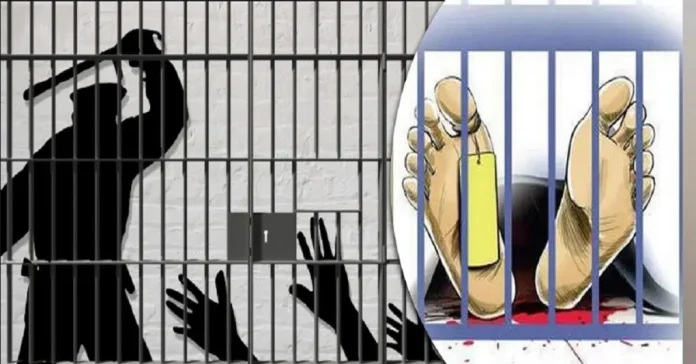Lucknow: Former IPS officer and president of All India People’s Front, S.R. Darapuri, has sharply criticised the Yogi Adityanath-led Uttar Pradesh government, highlighting an alarming increase in custodial deaths across the state. He described the disturbing trend as a consequence of “police autocracy” under the current administration and demanded strict accountability measures not only for the direct perpetrators but also for senior officials who oversee police operations.
In a statement, Darapuri, who served in Uttar Pradesh police, stated that the widespread occurrence of deaths in police custody in the state exposes an “autocratic” approach in governance. He argued that CM Adityanath, despite swearing an oath to uphold the Constitution, has fostered a culture where police often act with impunity, creating what he called a “democracy of the stick and bullet.”
This culture of extrajudicial actions, he contended, has placed Uttar Pradesh consistently at the top in custodial death statistics over recent years.
Data underscores his concerns: in 2020-21, of the 1,940 custodial deaths reported nationwide, Uttar Pradesh alone accounted for 451 cases – approximately 23%. Similarly, in 2021-22, out of 2,544 custodial deaths reported nationwide, 501 cases occurred in Uttar Pradesh, again ranking the first state in such incidents. Recently, two custodial deaths in Lucknow in October have further fuelled public outcry over police conduct.
Darapuri highlighted that many victims belong to weaker sections, including the Muslim community, and warned that such incidents seriously threaten the rule of law.
Darapuri also drew attention to discrepancies in post-mortem reports in these cases, noting that in most instances, the reports vaguely cite the cause of death as “unknown,” with viscera samples preserved for further examination. However, FIRs filed by the deceased’s families often allege police assault as the cause of death, which should provide a clearer basis for establishing the cause. This vagueness in post-mortem reports, Darapuri argued, effectively benefits the accused police personnel by creating confusion.
To address this, he suggested that if the post-mortem fails to clarify the cause of death, a second examination by a medical board should be mandated to provide transparency. Such a step, he said, would deter police misconduct by ensuring accountability and justice for victims.
Darapuri also called for broader systemic reforms, emphasising the need to hold supervising officials accountable, not just those directly involved in abuse cases.
“Preventing illegal detention, ensuring the safety of individuals in custody, and upholding human rights are the primary responsibilities of higher officials,” he added. Without such checks, custodial abuse will likely continue unchecked.
The AIPF demanded stringent action from the government, insisting that both ground-level personnel and senior officials in cases of custodial deaths be held accountable. It also demanded appropriate compensation for families of victims and urged that, in cases where post-mortems fail to determine the cause of death, a secondary examination should be conducted.
Darapuri concluded, emphasizing, “It is the constitutional duty of the government to protect innocent citizens from state violence.”




